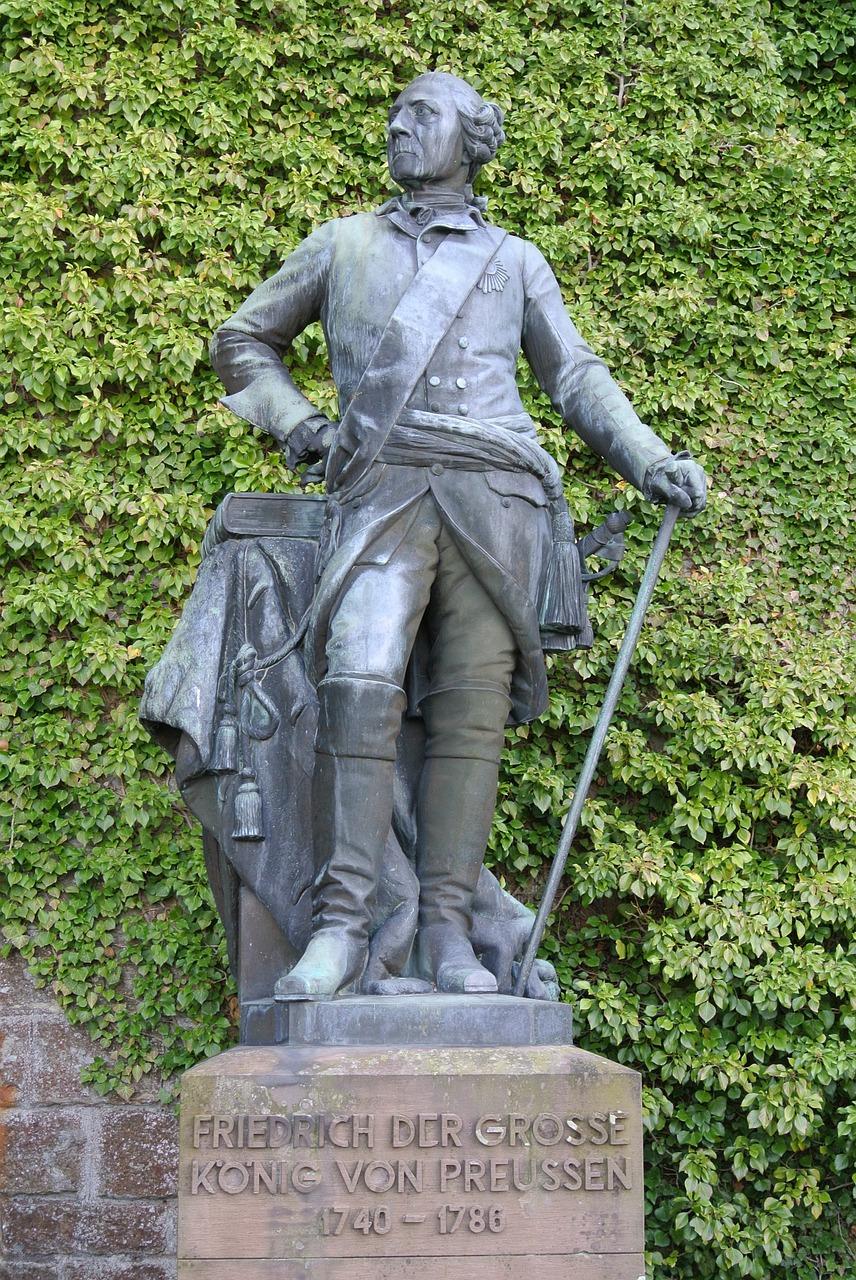Recent PhD graduate, Dr Adam Storring, receives international military history prize

Congratulations to Dr Adam Storring whose thesis 'Frederick the Great and the Meanings of War, 1730-1755', which was supervised by Professor Sir Christopher Clark, has been awarded the André Corvisier Prize from the International Commission of Military History (ICMH). The Corvisier Prize is awarded for the best doctoral thesis on military history defended at any university anywhere in the world during the past calendar year.
The Jury approved the following motivation for awarding the prize to Dr Storring.
"Dr. Storring’s dissertation is an ambitious but not reckless effort to re-interpret King Frederick the Great of Prussia as military commander and military thinker, and, from the perspective of his personality to cast new perspectives on the warfare of ‘his time’, which falls within the long eighteenth century (1648-1789), the golden age of the Westphalian system. This new evaluation of the Philosopher King’s personality and endeavours draws not only from an extensive bibliography, including both classical studies and more recent and innovative essays, but also from wide unpublished sources from German archives.
The Author maintains that Frederick’s “personal rule” of his army looked not only backwards toward the age of Louis XIV but also forwards toward the Enlightenment and the public sphere. Dr. Storring’s balanced, well-argued and documented conclusion is that certainly Frederick was an able commander, but military histories overwhelmingly focusing on the King himself must be corrected, since the development of Prussian military ideas was a collective effort, as shown by the Monarch’s unpublished manuscript correspondence with his generals. The early eighteenth century’s personal concept of military knowledge would be slowly replaced by institutional knowledge."
